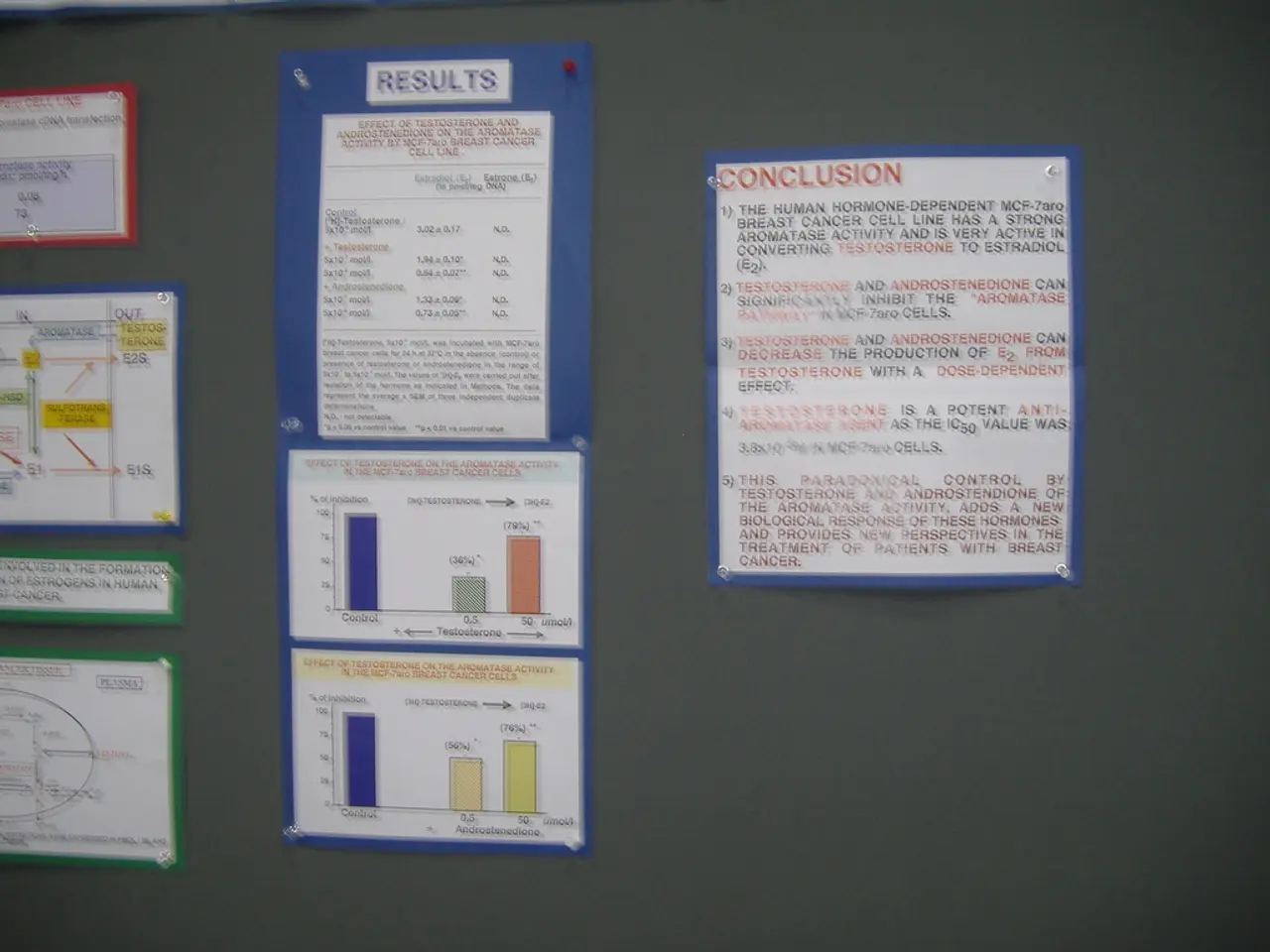Sluggish growth in housing despite substantial financial commitments
In the heart of Germany, Berlin continues to grapple with a slow pace of new apartment construction, despite significant investments by the Berlin-Brandenburg Association of Housing Companies (BBU). This persistent issue is attributed to a multitude of factors, including high construction costs, economic uncertainties, regulatory hurdles, and market conditions.
One of the key challenges is the escalating costs associated with energy efficiency and modern building standards, which can significantly increase the cost of new apartments, making them less affordable. Stricter regulations and energy efficiency standards also contribute to construction delays.
The economic environment, with high interest rates and financial uncertainty, is another deterrent for new construction projects. Banks may be more cautious about lending, which affects the availability of necessary capital for new developments.
The demand for new apartments far outstrips the supply, with estimates suggesting that around 320,000 apartments need to be built annually across Germany. This imbalance drives up prices and rents, making it difficult for the market to absorb new units at affordable rates.
While public funding for social housing is increasing, the overall housing policy faces challenges in addressing the broader demand for housing. There is a need for more effective policies to streamline the construction process and increase the supply of affordable housing.
The sale of new-build apartments in Berlin has stagnated, affecting the profitability of new projects and discouraging further investment in construction. Maren Kern, the BBU's President, acknowledged that high costs are a major issue, stating that investments are running as fast as they can, but prices are preventing any catch-up attempt from being successful.
Despite these challenges, the BBU, an association of housing companies based in Berlin and Brandenburg, is making strides. Around half of the projected 2025 investments by the BBU will be allocated towards new construction, representing an increase of over 40 percent compared to the previous year.
The BBU expects approximately 5,300 new apartments to be completed by its member companies in Berlin this year, similar to last year but fewer than in 2022. The BBU represents a diverse range of actors, including municipal, church, cooperative, and private-sector entities, who collectively account for around 45 percent of the rental housing stock in Berlin.
Positive signals for the housing market have been identified, such as the 'Faster-Building' law in Berlin, the planned Berlin administrative reform, the renewed Berlin Housing Pact, and the construction turbo of the federal government. However, Maren Kern emphasised that more is needed, specifically in terms of planning security and scope.
The BBU anticipates that investments will increase by around a third to almost 3.9 billion euros by 2025, with half of that amount allocated towards new construction. Despite these investments, the association does not provide specific numbers for the number of apartments that will be completed or allocated towards new construction for the next year.
In conclusion, while the BBU's investments offer a promising outlook, the slow pace of new apartment construction in Berlin persists, underscoring the need for comprehensive and effective policies to address the complex issues at hand.
- The escalating costs, stricter regulations, and economic uncertainties associated with the housing market in Berlin are causing concerns for new real-estate investments, such as apartment construction.
- The Association of Housing Companies (BBU) plans to invest more in new business projects, including housing, with around 5,300 new apartments anticipated to be completed by year's end, but this may not be enough to address the previously estimated annual demand of 320,000 apartments across Germany.
- The sale of new-build apartments in Berlin has stagnated, making it difficult for the business to be profitable, and creating a need for more effective policies and investments in the housing market to increase the supply of affordable housing.




